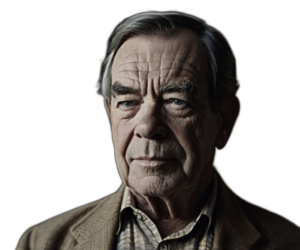(audio available for paid subscribers)

There is no security in following the call to adventure.
Joseph Campbell
Can you be living the wrong life? Were you born into a species not your own? Have you taken up residence beneath your rightful station? These questions hardly make sense. You seem to be the same sorta being as those around you, but are you? What if you’re not? What if you’re something other than what you’ve been led to believe? That’s exactly what your glimpse behind the veil has shown you; that you’re not who and what and where you always thought you were, but someone, something, and somewhere altogether different. You turned your head in Plato’s Cinema and snapped out of the trance of suspended disbelief. You detached from the faux reality of the 2D play of light and shadow on the screen and awoke to some weird new thing you have yet to make sense of. You don’t know anything about anyone else, but you do know something about yourself; not what you are yet, but what you’re not. Right now, you’re in the process of transition between two orders of being; one safe and familiar, the other foreign and frightening. This is where the uphill portion of this event begins; many get this far, few go further. Whether you’ll go forward, stall out, or go back is yet to be seen.
Log In or Register to Continue
"The very cave you are afraid to enter turns out
to be the source of what you're looking for."Joseph Campbell
Joseph Campbell (1904–1987) was an American professor of literature and comparative mythology best known for his work on the universal patterns found in myths and stories across cultures. His most influential concept is the “monomyth” or Hero’s Journey, a narrative structure that outlines a common template for heroic stories involving stages like the Call to Adventure, Trials, Transformation, and Return. His landmark book, The Hero with a Thousand Faces (1949), profoundly influenced writers, filmmakers, and scholars—including George Lucas, who used Campbell’s ideas in creating Star Wars. Campbell emphasized the importance of myth in understanding human experience, famously urging people to “follow your bliss.”
